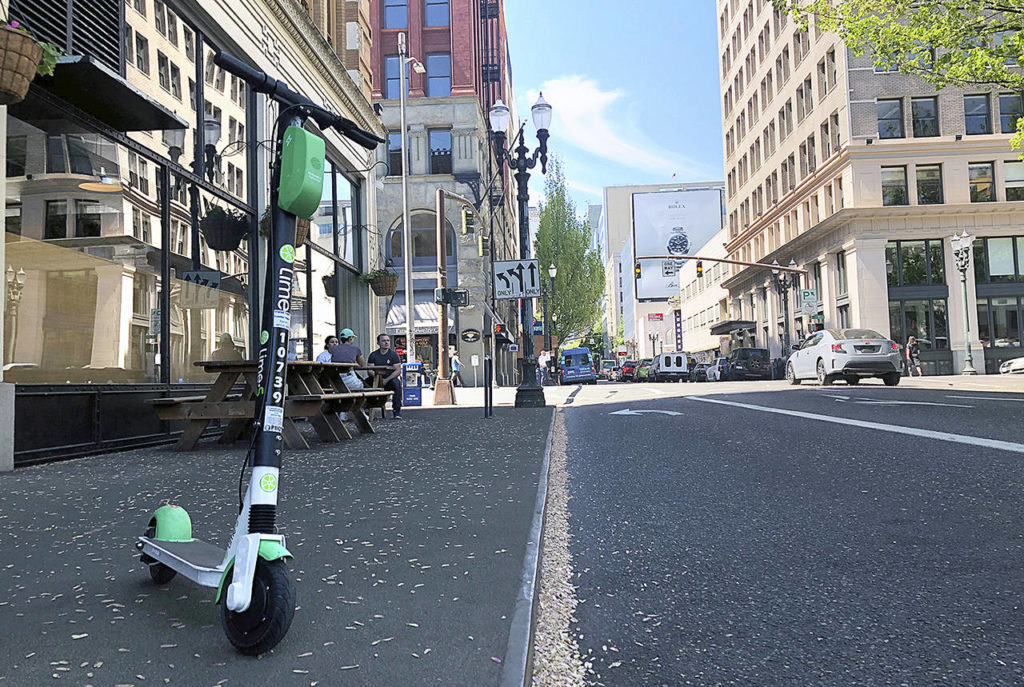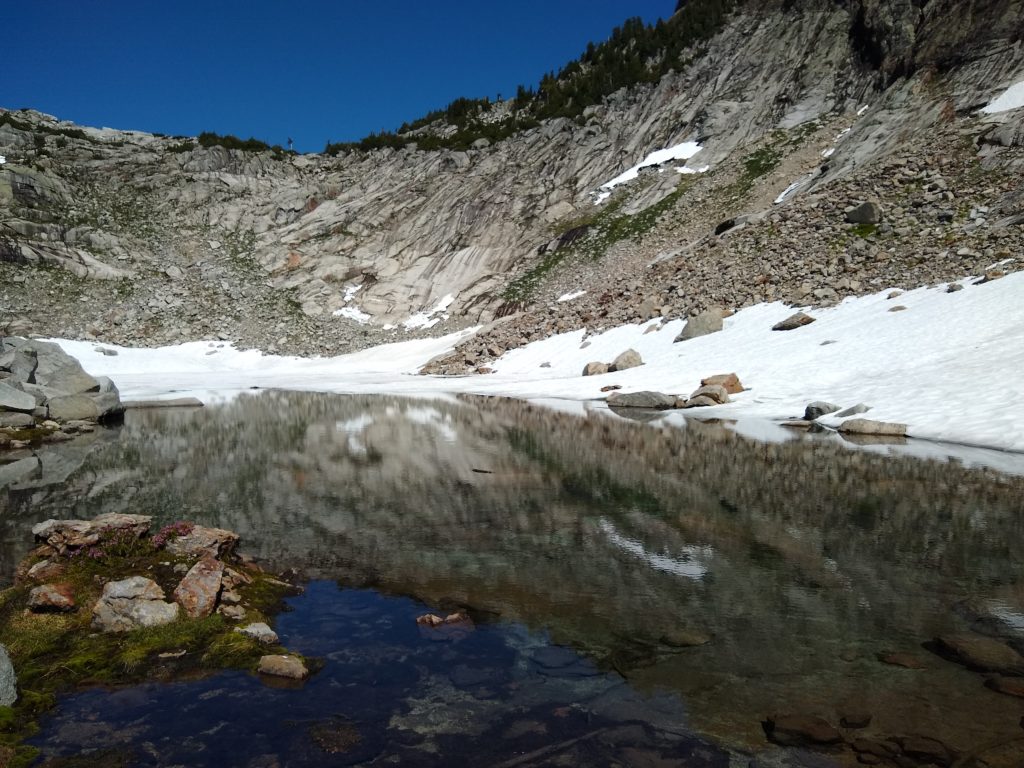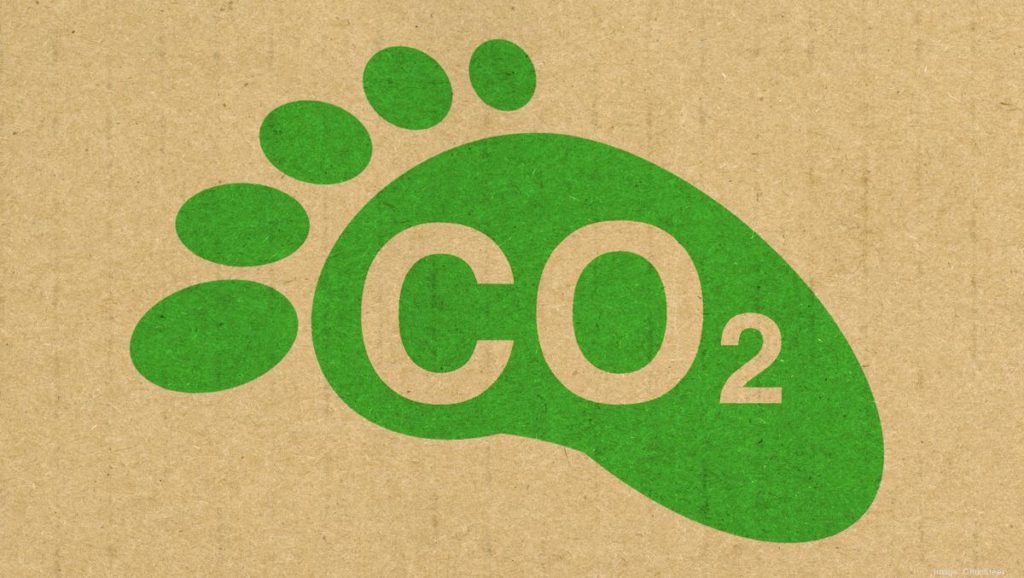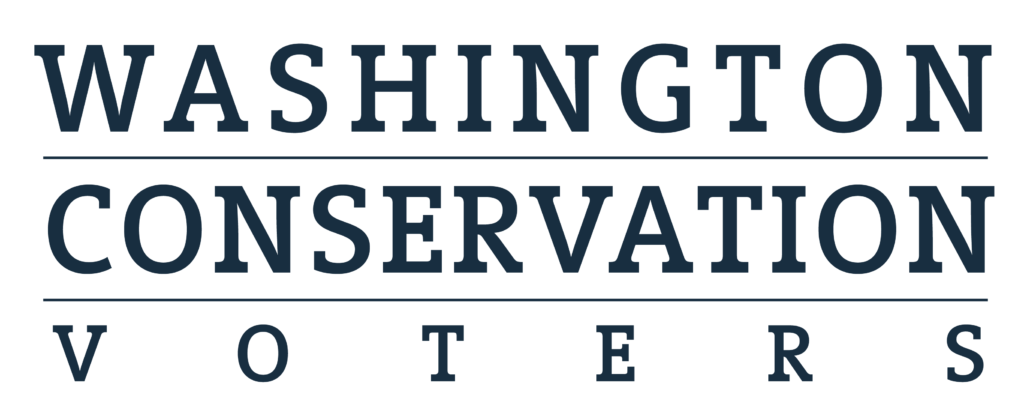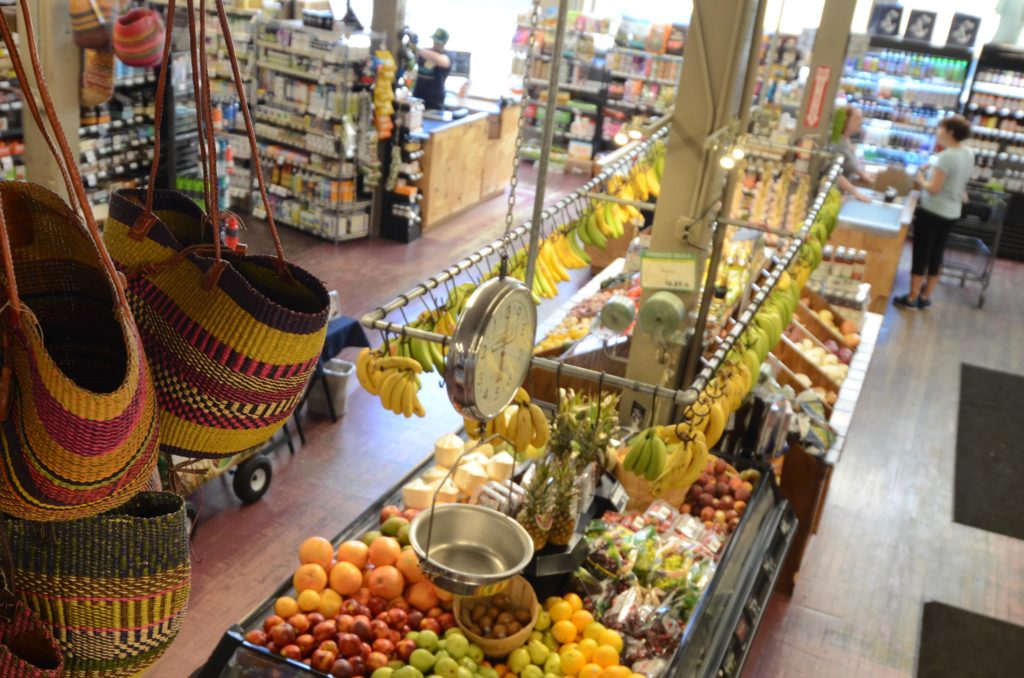Have you noticed the lime scooters scattered all around Everett before? Electric scooters have been around for a long time but there are still issues with them. An electric scooter generates less emissions than an SOV (200 grams of carbon dioxide per mile compared with nearly 415.) They also don’t produce any C02 or polluting emissions themselves. A study from North Carolina State University (https://iopscience.iop.org/article/10.1088/1748-9326/ab2da8) found that roughly two thirds of the time, electric scooters generate more greenhouse gases than other forms of transportation. It was found that trips on these scooters did not often replace a car, ride sharing service, or bus ride. Another large contributor are the transportation emissions used to collect these scooters for charging and distributing them across an area. The manufacturing process and raw materials used in scooters contribute to their emissions as well. The scooters often have low life spans on the street. These lead to electric scooters not being very sustainable.
Electric scooters are only sustainable when they replace other forms of transportation that create more emissions and pollutants. Work needs to be done to make them a good part of a sustainable transportation system. Ways this could be done include making changes to the manufacturing process (such as recycling old scooters and materials to make new scooters), improving the collection process (reducing distance between collection and storage points), improving the charging infrastructure (such as having them charge on a renewable energy grid and charging them when they are fully depleted), and requiring users to return the scooters to docks rather than leaving them in random places.
Thanks to a student from Learning Haven (an online elementary school) for bringing this important topic to our attention. Visit this link they found to learn more about the fascinating history of electric scooters: https://www.carcovers.com/resources/a-history-of-electric-scooters/, as well as this link to learn more about Learning Haven: http://learninghaven.org/
